Techleap.nl, a Dutch non-profit organisation focused on the growth of scale-ups in the Netherlands, has recently acknowledged the glaring lack of diversity in the tech industry and the even more limited opportunities available to people of colour.
Despite the vibrant ecosystem and being the fastest growing in Europe, the Netherlands suffers from the same diversity and inclusion problems other economies are facing.
A survey by Workday from 2021 shows Dutch employers are much less intensively involved in diversity and inclusivity than employers in other European countries.
While tech companies in the US, UK and Scandinavia are frontrunners in addressing these issues, Amsterdam’s Diverse Leaders in Tech Community is now taking concrete steps to achieve true diversity in Dutch tech by 2030.
This is thanks in no small part to the efforts of Ingrid Tappin. Tappin, Director of DEI at Techleap.nl and one of MT/Sprout’s Inclusive30 for 2023, is a recognised leader in promoting inclusivity in the workplace.
She is taking on a crucial role in driving forward this much-needed change in the Dutch tech industry.
A culture code switcher
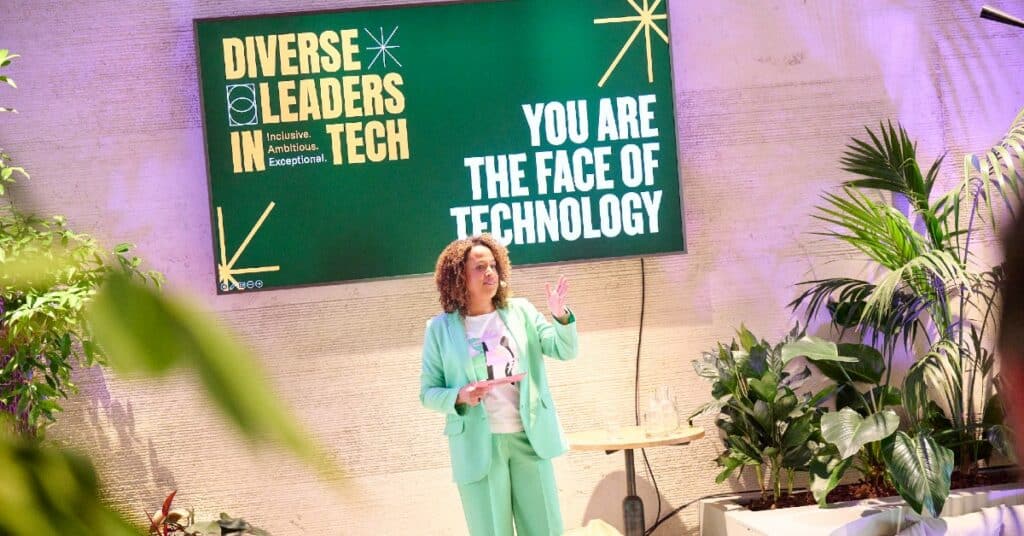
Born in Barbados, Ingrid moved to the US when she was five before settling in Rotterdam with her family.
From a young age, Ingrid’s parents instilled in her and her sister the importance of being citizens of the world and not being restricted by their appearance.
However, despite her global perspective, Ingrid’s experience as a Dutch teenager with a multicultural background taught her the harsh reality of being judged based on her skin colour, making her feel like she didn’t belong.
Growing up in the Netherlands taught Ingrid the importance of setting the scene and controlling how people perceive her.
“If you are perceived as non-Dutch in this country and you don’t set the scene, people will make up a story about who you are, where you come from, how intelligent you are, who your parents are, without even speaking to you,” she explains.
Ingrid’s resilience and determination to create a more inclusive tech ecosystem have been shaped by these experiences.
She believes that diversity should be viewed from an ecosystem perspective, not just from the perspective of individual companies.
She strives for a future in which there is no need for people who look or think differently to constantly set the scene.
“I would rather have people actually be interested in getting to know me, and be less narrow-minded about my identities and lived experiences,” she says.
Through her leadership, Ingrid is helping to create an ecosystem that values and respects people from all backgrounds. Her personal experiences have given her the strength and determination to fight for change, and she hopes to inspire others to do the same.
From good intentions to greater impact
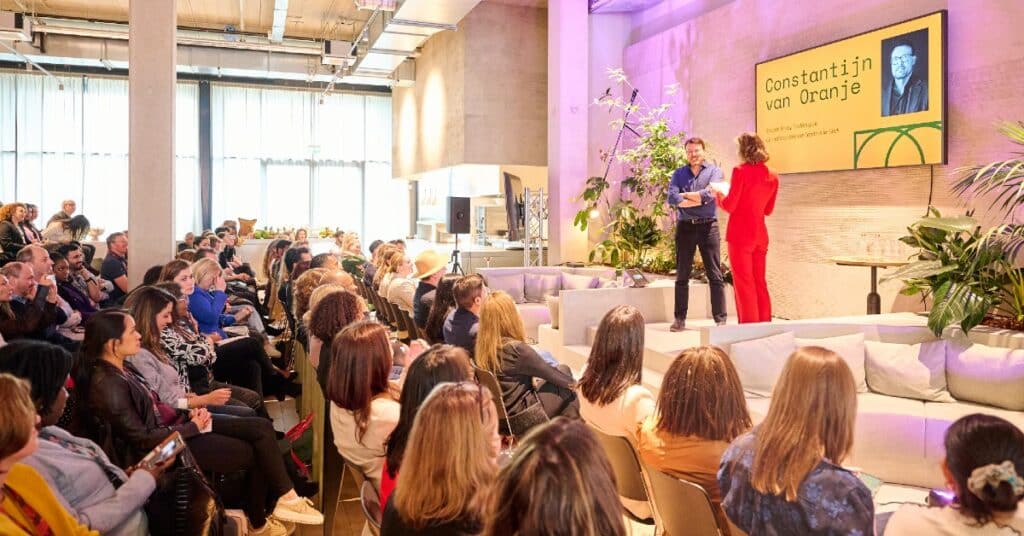
In the face of complex transitions such as the energy crisis, climate change, and the food crisis, innovation is essential to building the solutions we need. Tappin believes that the power of innovation lies in the power of diversity, equity, and inclusion (DEI).
“All the international research shows us that companies that prioritise DEI are more likely to see ideas turn into real products and solutions, outperform on profitability, and be better at making decisions and solving complex problems,” says Tappin.
Despite the clear benefits of DEI, the tech industry still has a long way to go.
Only 10 per cent of tech founders are women, and even fewer venture capital is going to all-women-led teams, particularly those of colour.
Additionally, many LGBTQIA+ and neurodivergent tech professionals experience discrimination and microaggressions at work on a daily basis, reducing their capacity to perform at their best.
According to Tappin, unconscious bias training and social media campaigns alone are not enough to address these issues. The Netherlands needs to become better at data-driven DEI, moving from good intentions to greater impact.
Tappin says, “I believe that every individual has a part to play in shaping the future. Whether it’s in the workplace or in society at large, we all have a responsibility to work towards a more inclusive and equitable future. It’s not enough to simply recognise the need for change; we must also take action to bring about that change.”
In order to do this, Techleap.nl sees a need to measure progress and understand interventions that will deliver the much-needed progress.
By prioritising DEI, the Netherlands can ensure that its innovation power remains strong and relevant in the face of complex transitions.
“This is why we are partnering with Diversity Hero at the TNW Conference in June, where the Dutch D&I in Tech benchmark will aim to paint the most accurate picture yet of diversity and inclusion in the industry,” says Tappin.
Beyond race and gender
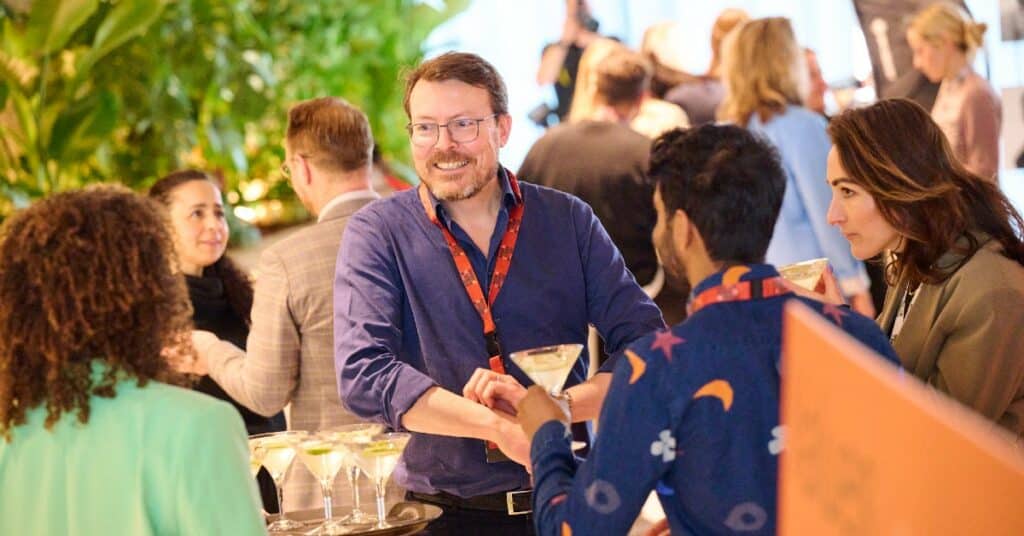
Ingrid is clear that improving DEI in the tech industry involves looking beyond gender diversity and considering it from an intersectional perspective.
“When it comes to diversity and identity, what you see is just a fraction of what you get. We are all complex human beings with a multitude of identities and experiences that shape who we are. It’s important to recognise that diversity goes far beyond just race and gender, and that embracing diversity in all its forms is essential for creating a more inclusive and equitable society.”
For this reason, Techleap.nl launched the Diverse Leaders in Tech (DLiT) community as an initiative that aims to create a community of different communities that can elevate diverse leaders and allies as role models, collectively help each other thrive, create access to new talent and networks, and offer the tools and strategies that can turn DEI into a business enabler for organisations.
The kickoff event on March 30 saw more than 150 tech leaders participate in different workshops and develop a 10-point manifesto to advance diversity and inclusion in the Dutch tech ecosystem by 2030.
One of the first actions the new community will take is to offer a DEI toolbox for startups, scaleups and grownups who want to mature in their efforts in addressing diversity and inclusion within their organisation.
When it comes to immediate challenges facing Dutch tech companies trying to become diverse, Ingrid says the problems are twofold.
“Scaleups start too late with their DEI efforts and startups often don’t know how,” says Tappin.
She explains that for Dutch tech companies expanding internationally, the challenge is that the global workforce sees diversity, inclusion, racism, sexism, etc. as crucial topics that need to be addressed.
More than 3 out of 4 job seekers and employees (76 per cent) report that a diverse workforce is an important factor when evaluating companies and job offers. Nearly a third of employees and job seekers (32 per cent) would not apply to a job at a company where there is a lack of diversity among its workforce.
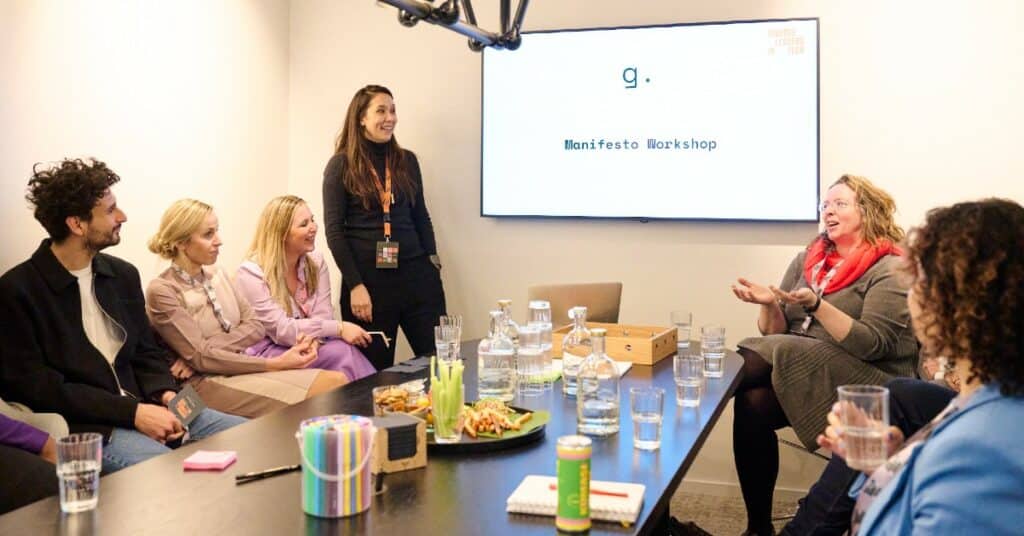
In the Netherlands, these topics are culturally seen as part of social responsibility efforts, but not as business critical to attract and retain the best talent.
When it comes to smaller tech companies, Tappin says they are aware and interested in DEI, but need to be equipped with the understanding of policies and practices they could implement from the start.
“The goal is to co-create this toolbox with the end users and make it a one-stop shop for anything and everything; best practices regarding decreasing discrimination and microaggression, offering knowledge around neurodiversity and inclusive AI,” says Tappin.
She adds, “From equal pay policies to how to be a great ally, the toolbox will be able to act as a platform and a consultant for the entire tech ecosystem.”
If Steve Jobs mastered the art of bringing crazy people to work at Apple then Tappin has mastered the art of pushing diverse leadership in the Dutch tech ecosystem.
Her unique perspective, as a member from the LGBTQI+ community and born from a childhood spent moving between the West Indies, the US, and the Netherlands, has given her an understanding and sensitivity to the issues facing underrepresented communities in tech.
It’s clear that she is the right person for the job of transforming the Dutch tech industry into a more inclusive and diverse space.
It’s hard not to be optimistic about what the future holds for the ecosystem she is working to build.
With her passion and expertise, we have no doubt that she will continue to make waves and effect positive change in the years to come.




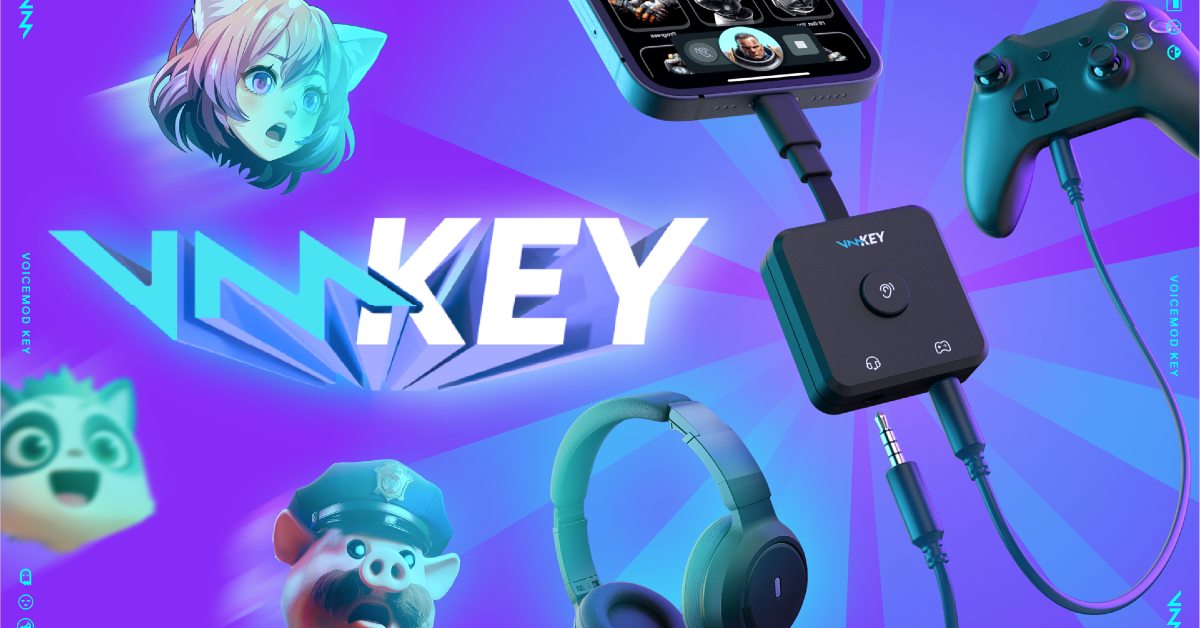
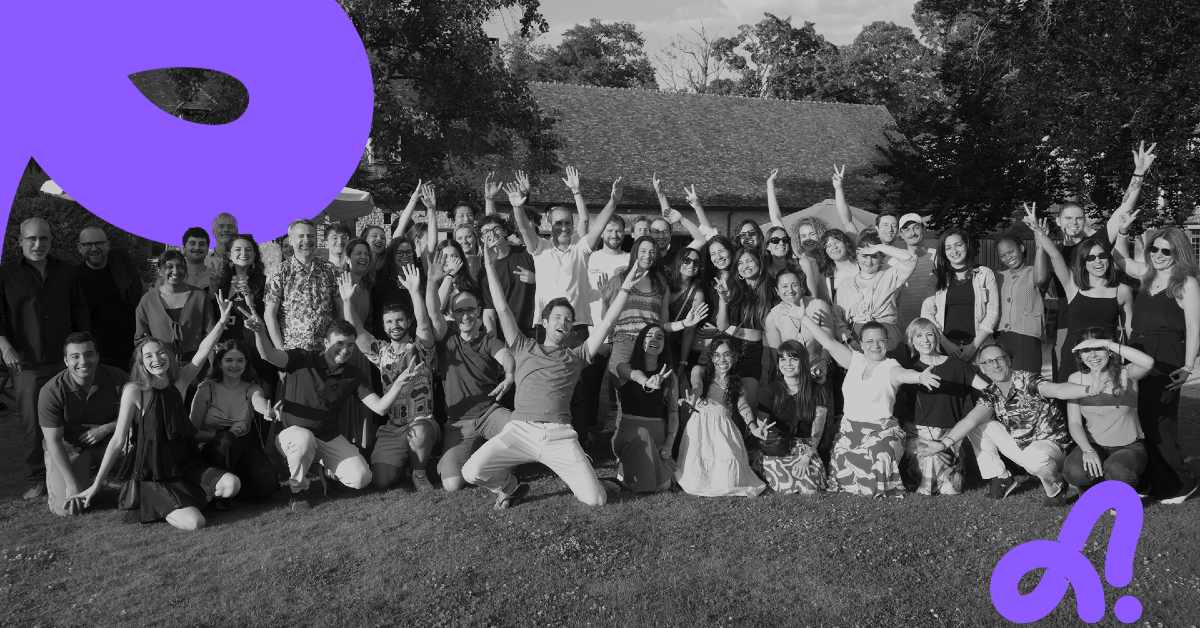

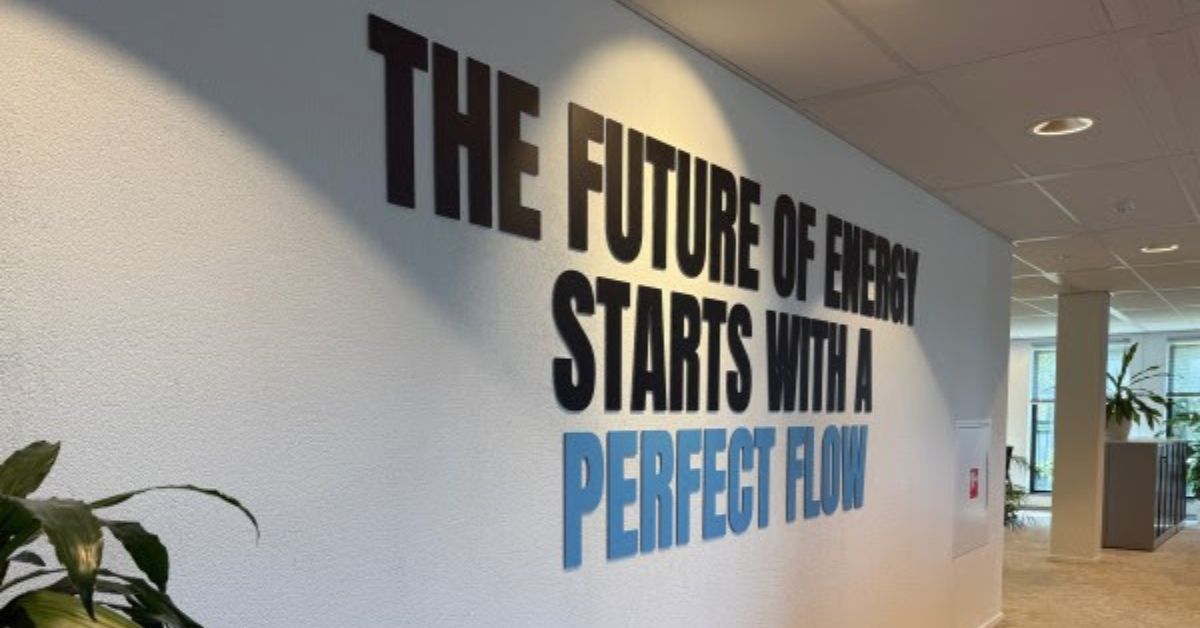
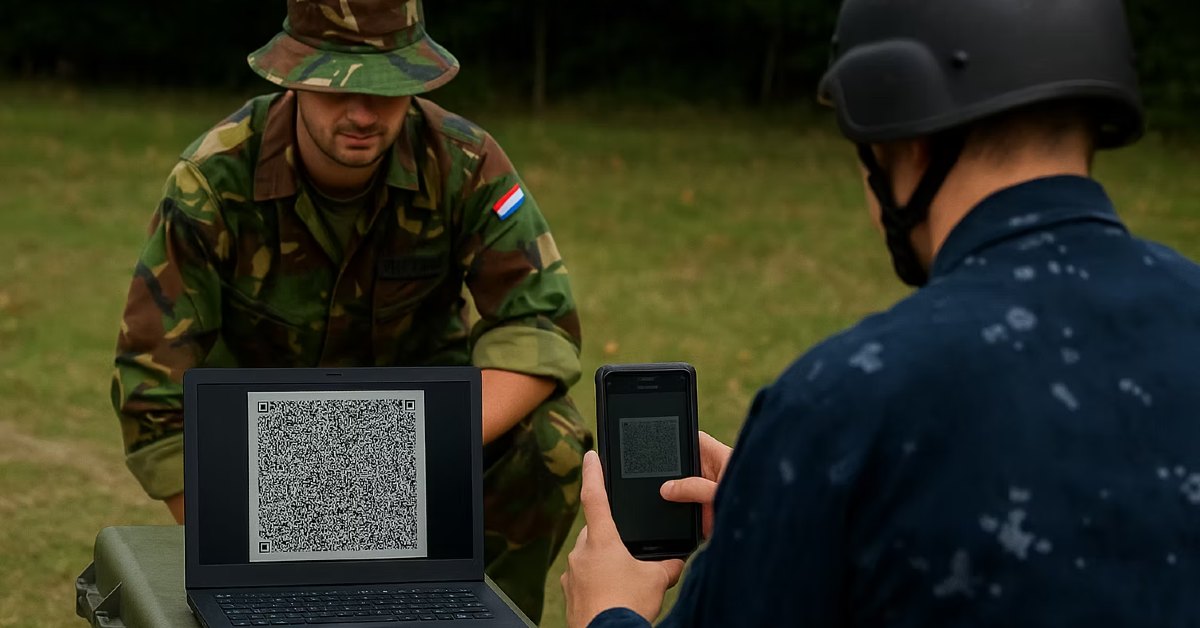

01
These are the top UK-based PR agencies for startups and scale-ups in 2025